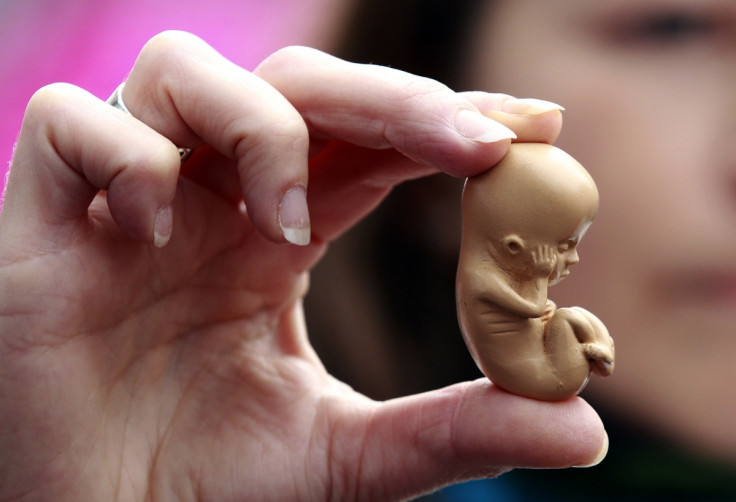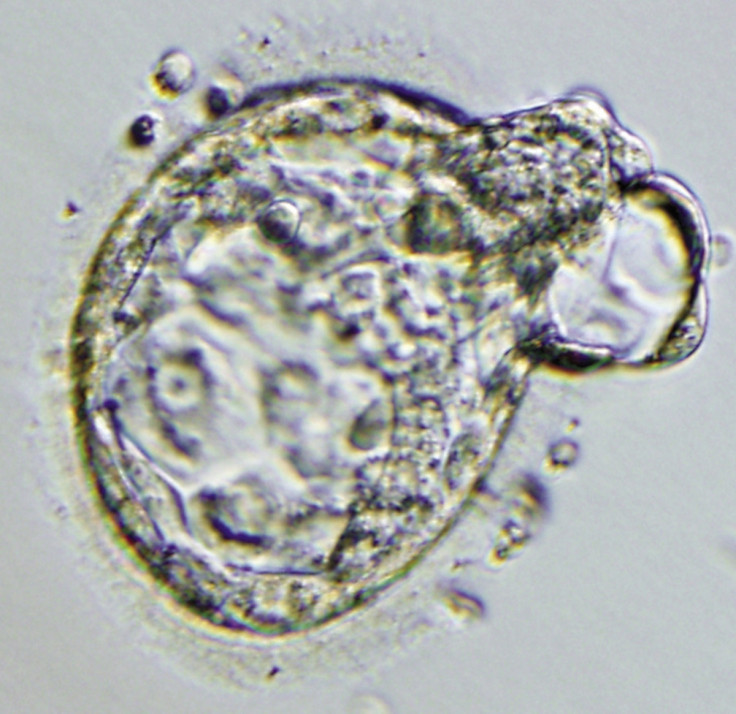Human embryo can now be grown in a lab beyond 7-day implantation deadline

Scientists have developed a new technique to grow human embryos in laboratories beyond the stage when they are implanted in a woman's uterus, thereby paving the way for further research into ways of improving the success rate of in vitro fertilisation (IVF).
Previously, embryos could be grown in a lab for up to seven days, after which they had to be transferred to the womb to remain alive and grow further. Until now, there was no system to gain a better understanding of how an embryo develops beyond the pre-implantation or blastocyst stage
However, researchers at the University of Cambridge and Rockefeller University in New York have now developed a technique that allows embryos to survive in a lab for up to 13 days after fertilisation.
The research was published in parallel papers in Nature and Nature Cell Biology. Building on previous research, the team developed a system that allowed for the culture of human embryos after day seven. After the embryos were implanted, the blastocysts reorganised into a new configuration.
The breakthrough achieved will now enable scientists to study the development of a human embryo in the post implantation stage, which is when the embryo begins to take shape.

Head of the research Magdalena Zernicka-Goetz, from the University of Cambridge, said: "Implantation is a milestone in human development as it is from this stage onwards that the embryo really begins to take shape and the overall body plans are decided. It is also the stage of pregnancy at which many developmental defects can become acquired. But until now, it has been impossible to study this in human embryos. This new technique provides us with a unique opportunity to get a deeper understanding of our own development during these crucial stages and help us understand what happens, for example, during miscarriage."
Study co author Marta Shahbazi added: "Embryo development is an extremely complex process and while our system may not be able to fully reproduce every aspect of this process, it has allowed us to reveal a remarkable self-organising capacity of human blastocysts that was previously unknown."
Zernicka-Goetz also said the process is similar to what is observed in mouse embryos, suggesting a "fundamental process" is involved in their development that can be seen across many species. "This new technique provides us with a unique opportunity to get a deeper understanding of our own development during these crucial stages and help us understand what happens, for example, during miscarriage," she said.
© Copyright IBTimes 2025. All rights reserved.





















